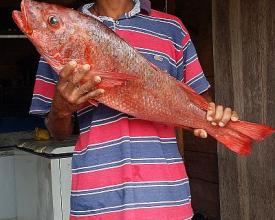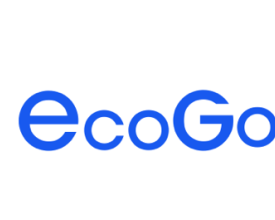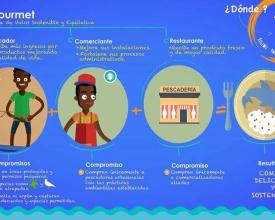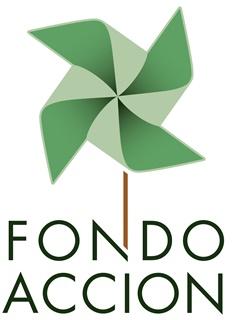
EcoGourmet: Bringing sustainable fish to your plate
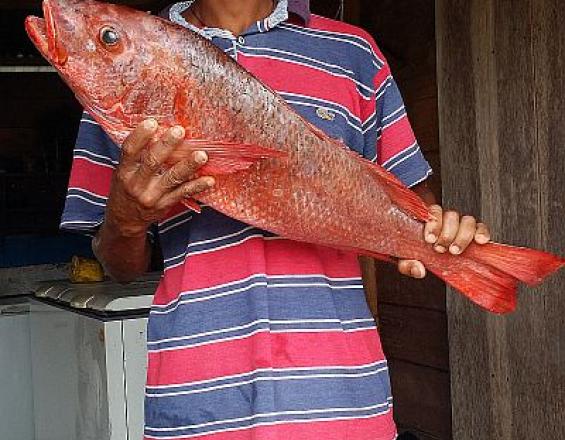
Since 2009, EcoGourmet has enhanced the technical and administrative capacities of artisanal fishing cooperatives and to achieve responsible fishing. EcoGourmet facilitates the signing of fair agreements between suppliers, fishing cooperatives and restaurants and sensitizes consumers to the ramifications of their purchasing decisions. Participating restaurants offer locally sourced, sustainably caught fish. Negative impacts on ecosystems are reduced while profits for local fishers increased.
Context
Challenges addressed
In Colombia, local fishing communities generally live in isolated areas, far away from cities and markets, have limited infrastructure, means and knowledge to properly produce and handle fish products that meet the high quality and sustainability standards big markets require.
- Community based organizations not always have the skills, structure and trasnparent to be commercially and managerial viable. Logistics and communication are a big challenge to connect with the last part of the chain. Traceability is huge challenge to be able to promote sustainable practices, need to monitor and evaluate during periods of time by external part. Data collection of fish capture monitoring, the organizations have to be responsible of the information to analyze and be able to guarantee a protection of the ecosystem. Packing for fresh fish is important to figure out a way to reuse or recycle the cavas or new cavas to be more responsible in terms of life cycle of the packaging.
Location
Process
Building Blocks
Responsible fisheries
Enabling factors
Lesson learned
Trade agreements
Enabling factors
Lesson learned
Organizational empowerment
Enabling factors
Lesson learned
Consumer sensitization
Enabling factors
Lesson learned
Communication strategy
Enabling factors
Lesson learned
Impacts
From the first phase of EcoGourmet the impactas are: 197 Wok clients attended responsible consumption workshops and almost 600,000 clients saw the restaurants´ placemats that contained important information about sustainable fishing practices. Most importantly, at the beginning of the project 6% of clients kept in mind their environmental commitment when it came to selecting fish products, by the end of the project, this number had risen to 21% .
At the second phase the impacts are:
More than 10 species sold in restaurants in Bogotá and Cali. The community based organizations located in Buenaventura (Valle del Cauca- Department) have had a commercial experience almost every week, since 3 months ago. More than 300 fishermen included in the activity. More than 100 dispatch thru Cali distributor.Three channels of trade, distributor in Cali, directly restaurant organization and directly organization local businesses. More than 10 new restaurants interested in EcoGourmet and buying from the organizations thru channels described. Average volume per week 300 Kg of fresh fish.
Challenges:
Beneficiaries
858 fishermen distributed in 5 community based organizations, and fish consumers in 5 allied restaurants. However actively selling are around 300 fishermen in the organizations located in Buenaventura.
Story
Video from Salvopatria, restaurant allied to EcoGourmet.
https://youtu.be/EfAoAnvBycQ
